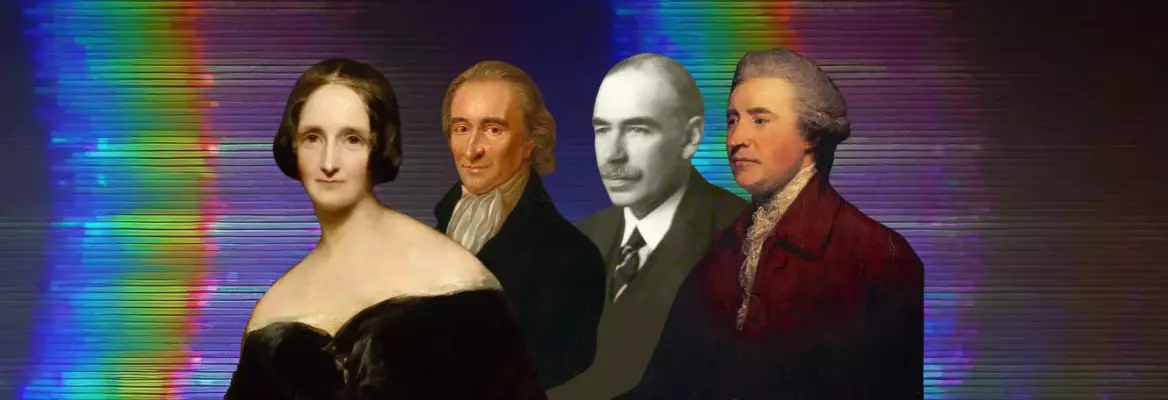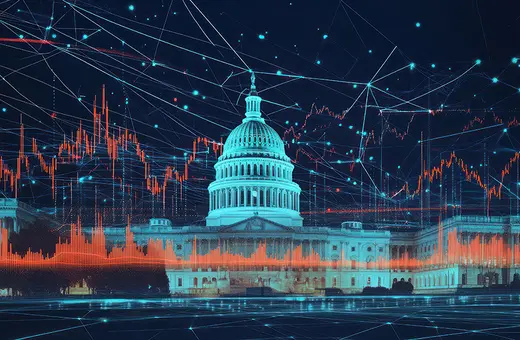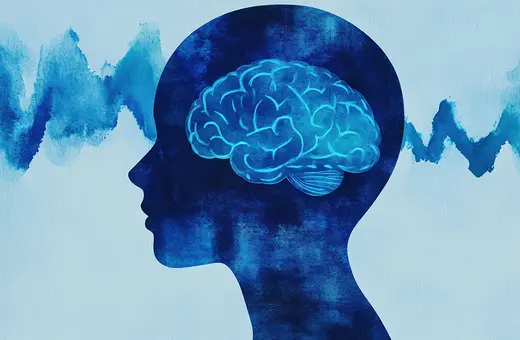Liberalism has come to be seen as a conservative ideology but its roots are based in Rousseau and the French Revolution, focused on individual freedom and limited government. Matt McManus argues that "Cold War" liberals reshaped it to favor elites and stifle more radical calls for equality. Liberalism's true heritage is rooted in a commitment to social justice and egalitarianism, advocating for a version of liberalism that extends democratic principles and counters the populist revival.
“Our ideal of ultimate improvement went far beyond Democracy, and would class us decidedly under the general designation of Socialists. While we repudiated with the greatest energy that tyranny of society over the individual which most Socialistic systems are supposed to involve, we yet looked forward to a time when society will no longer be divided into the idle and the industrious; when the rule that they who do not work shall not eat, will be applied not to paupers only, but impartially to all; when the division of the produce of labour, instead of depending, as in so great a degree it now does, on the accident of birth, will be made by concert on an acknowledged principle of justice; and when it will no longer either be, or be thought to be, impossible for human beings to exert themselves strenuously in procuring benefits which are not to be exclusively their own, but to be shared with the society they belong to.” — J. S. Mill, Autobiography
Many ideas come before their time in part because people insist it will never be their time. In Liberalism Against Itself Samuel Moyn discusses how luminaries of 20th century liberalism edited out the traditions revolutionary history of demanding liberty, equality, and fraternity for all. In its stead they presented a vision of liberalism which drew heavily on the very conservative ideas it once confronted; stressing the cautious management of change, a wariness of human nature, and a deep allergy to hope as a tool of political mobilization. In the eyes of the “Cold War” liberals hope lead to inflated expectations of utopia, the dreams of which curdled into nightmares during the totalitarian 20th century. On this view, liberals had to be resolutely police leftism and radical calls for equality before they got out of hand again. They were very successful, and by the turn of the millennia intelligent Cold War liberals could congratulate themselves on having reached the end of history with themselves at the summit.
___
The liberal project is worth saving if it can once again inspire a sense of hope for ordinary people in a better world.
___





















Join the conversation